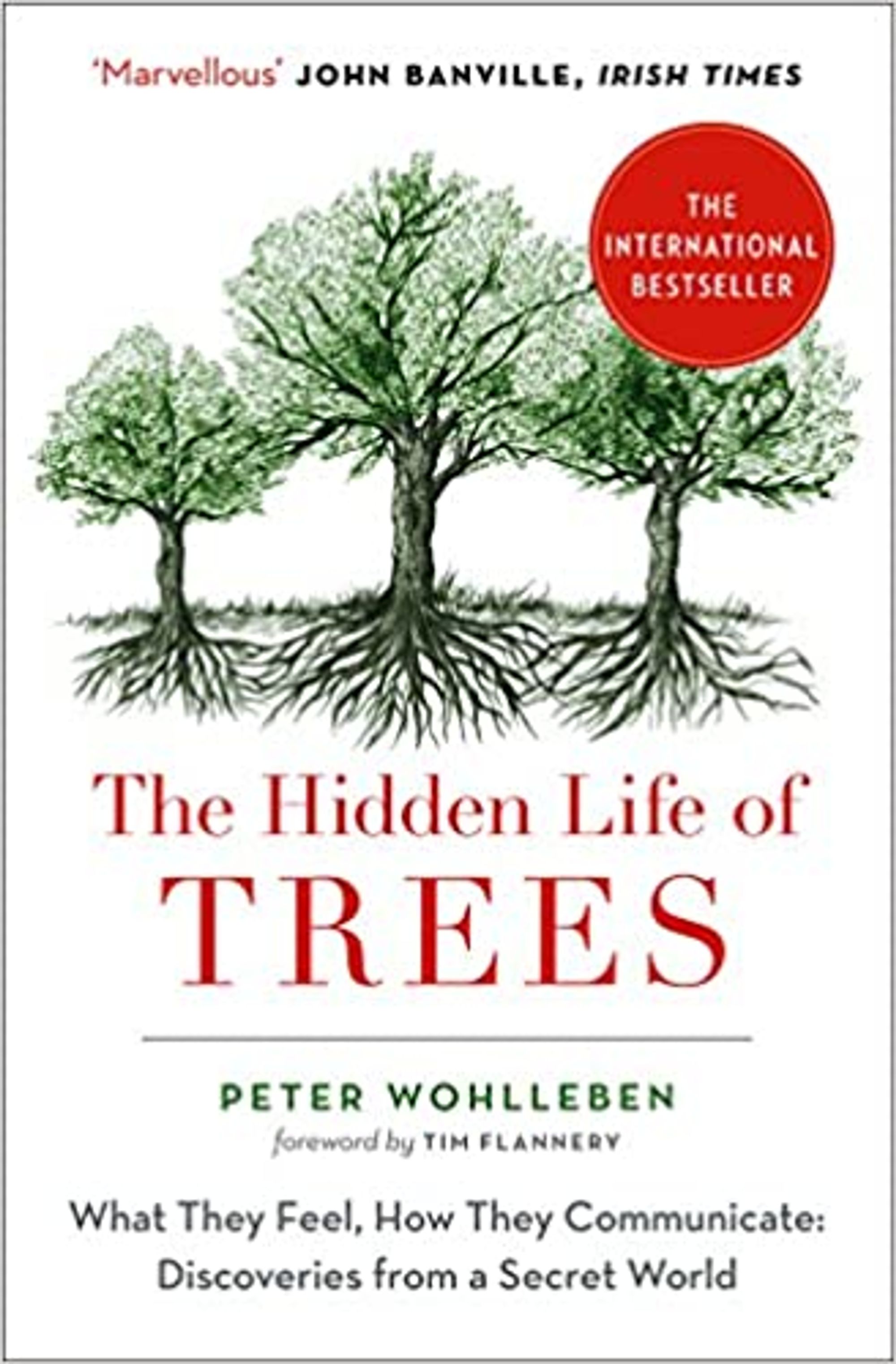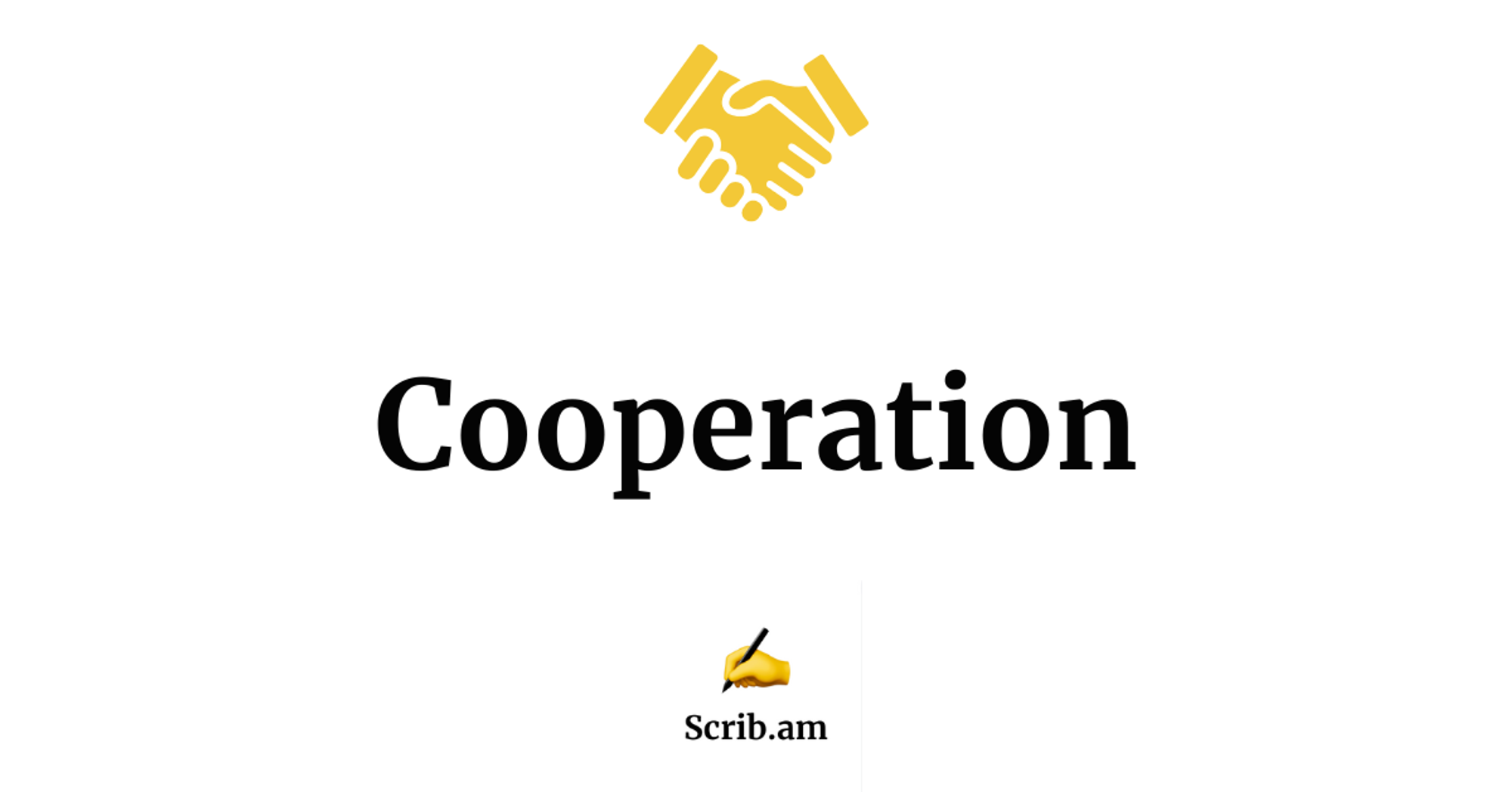Noam Chomsky, interviewed by Lex Fridman (01/09/2022), declared:
Unless the US and China reach an accommodation and work together and cooperatively, it’s very unlikely that organized human society will survive.
Historically, cooperation has helped us thrive as a civilization.
More than ever, cooperation is critical for our collective survival.
When we think about the evolution of mankind, we often point out the most negative aspect of our behaviour, derived from our need to survive in the first place, then protect and expand our belongings: violence.
Is war a human invention?
Humanity is not the only species to use violence to get what it wants.
All predators are violent. They hunt and kill their prey, just as we do.
They also resort to violence to solve their internal conflicts.
Humans are not the only species to engage in wars.
Ants, termites and other colonies of insects are sometimes seen fighting over territory in an organized manner, at a very large scale. Chimpanzees can engage in some kind of guerilla warfare against their opponents, mostly for reproductive purposes.
Cooperation can be used both for constructive and destructive purposes. Collaboration is essential to win a war, and crucial to develop peaceful relationships.
The constructive power of cooperation
No living species could thrive without a high level of cooperation.
The insects mentioned above for their warfare skills are best known for their cooperation excellence.
See for instance how termites engineer their massive mounds.
See how ants are able to develop huge subterranean cities.
In the vegetal realm, trees are also known to cooperate.
Peter Wohlleben, author of The Hidden Life Of Trees, said in an interview with Smithsonian Magazine
Some are calling it the “wood-wide web”. All the trees here, and in every forest that is not too damaged, are connected to each other through underground fungal networks. Trees share water and nutrients through the networks, and also use them to communicate. They send distress signals about drought and disease, for example, or insect attacks, and other trees alter their behaviour when they receive these messages.

Is a world without war possible?
The danger of human wars, in contrast with conflicts waged by other species, is that they’re leveraging advanced technologies which give us a destructive power far beyond our natural strengths.
As stressed by Noam Chomsky in the introduction, they pose an existential risk.
There are reasons to be hopeful though.
The One Earth Future Forum established in 2014 through a series of conversations that
contrary to the view of history that says that war is inevitable and constant, war is clearly affected by social institutions and structures and the world has been trending slowly and steadily in the direction of peace. If these trends are supported and extended, peace is possible.
Those social institutions and structures are built upon global cooperation.
Beyond any moral consideration - from a purely opportunistic point of view - when the incentives to cooperate are stronger than the ones to wage wars, peace should prevail.
China and the US are very close trading partners. As things stand, it would be very difficult for both sides to bear the consequences of a major conflict.
Reason favours peaceful relationships. Theoretically, global peace isn’t a possibility, it’s our destiny.
But there are obstacles to that positive outcome.
The main danger is that a relatively small group of irrational individuals can have a systemic impact on a world of opportunity-driven populations.
Those irrational war mongers benefit from huge investments which give them a strong incentive to deploy their arsenal.
Global military spending recently exceeded 2 trillion USD (that’s roughly 2% of the global GDP, evaluated at 103.86 trillion for 2022). More than half of that budget goes to American and Chinese military efforts.
Additionally, reason can be trumped by ideological constructs (such as “sacred rights”), which can motivate a call to arms.


We should escape the Moloch trap of the spiral of violence by giving up ideologies while fostering global cooperation.
A world free of ideologies of all kinds might seem like a utopia.
I would argue that it’s a necessary condition to ensure that cooperation prevails on self-destruction.
One more thing: in order to be sustainable, constructive cooperation should require some efforts but not be perceived as a burden, since “the collapse of cooperation occurs when the ratio of costs to benefits becomes too high”, as reported in a recent study on game theory.
You might also like the article dedicated to Competition

